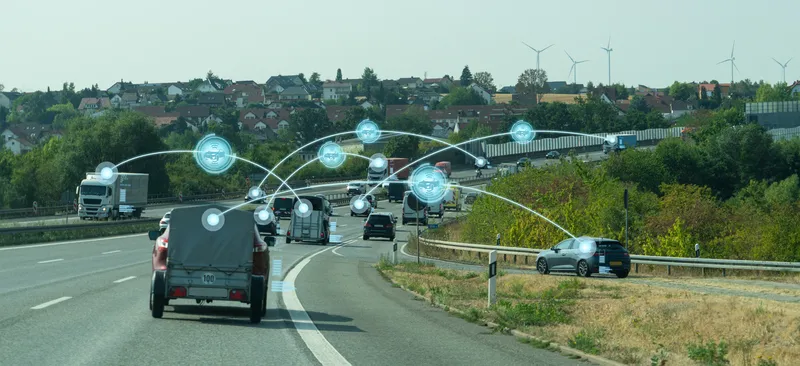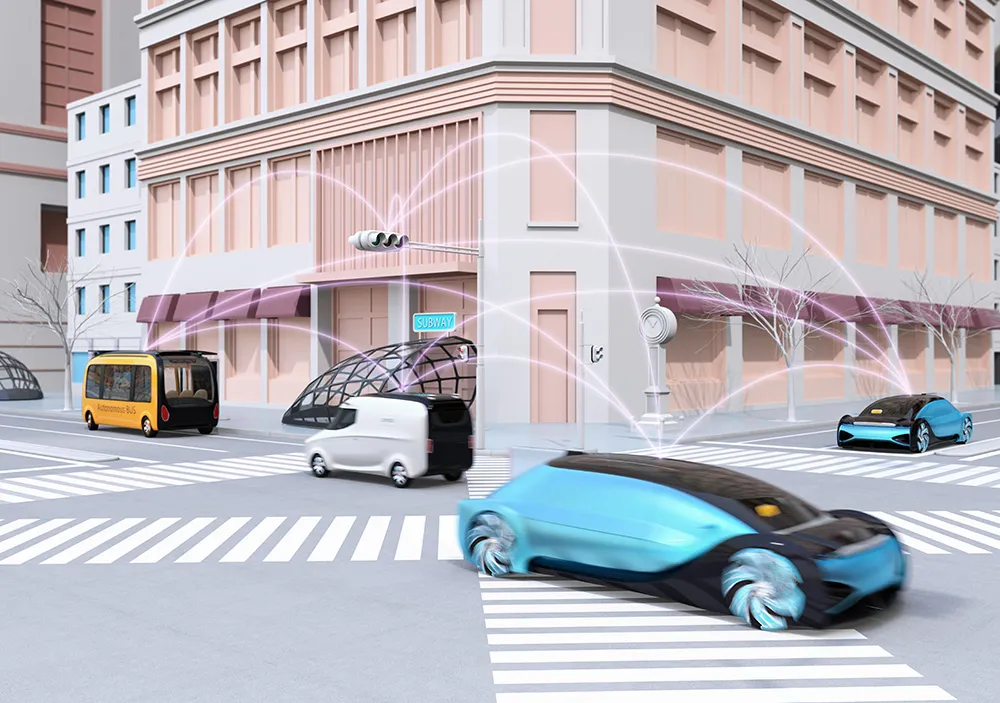Lytx, a video telematics provider, is to participate in the Qualcomm Smart Cities Accelerator Programme to help drive fleet safety, tracking and management of smart cities.
The programme seeks to connect cities, municipalities, government agencies and enterprises with a range of providers offering Qualcomm Technologies’ solutions for smart city applications.
Eliot Feldstein, Lytx senior vice president of corporate and business development, says: “By streamlining access to Lytx’s data and technology solutions, Qualcomm is supporting communities as they step into the future and work to help keep their streets and surrounding roadways safer, as well as their transportation fleets and services more productive and efficient for decades to come.”
Lytx to participate in smart cities programme
Lytx, a video telematics provider, is to participate in the Qualcomm Smart Cities Accelerator Programme to help drive fleet safety, tracking and management of smart cities.
The programme seeks to connect cities, municipalities, government agencies and enterprises with a range of providers offering Qualcomm Technologies’ solutions for smart city applications.
Eliot Feldstein, Lytx senior vice president of corporate and business development, says: “By streamlining access to Lytx’s data and technology
July 24, 2019
Read time: 1 min
Related Content












